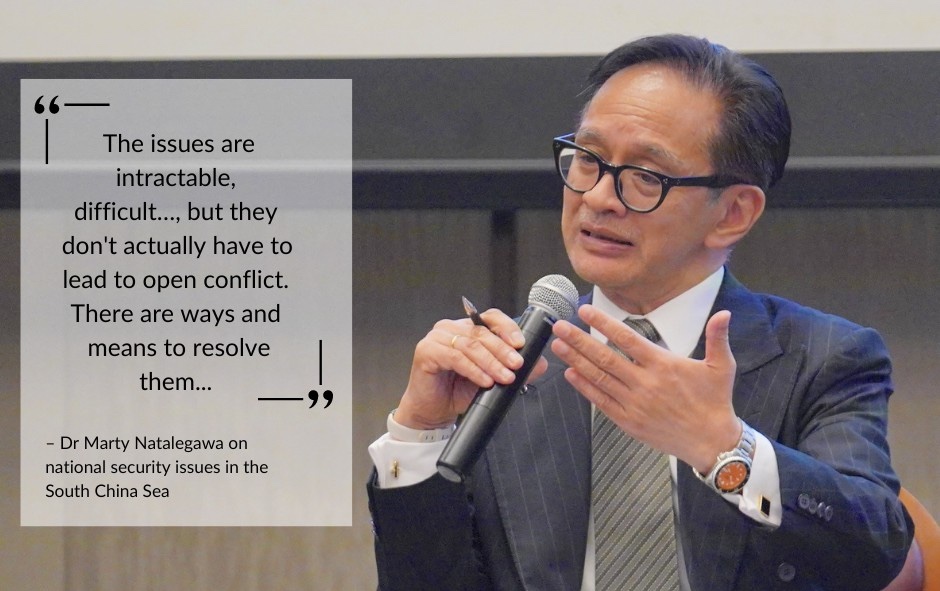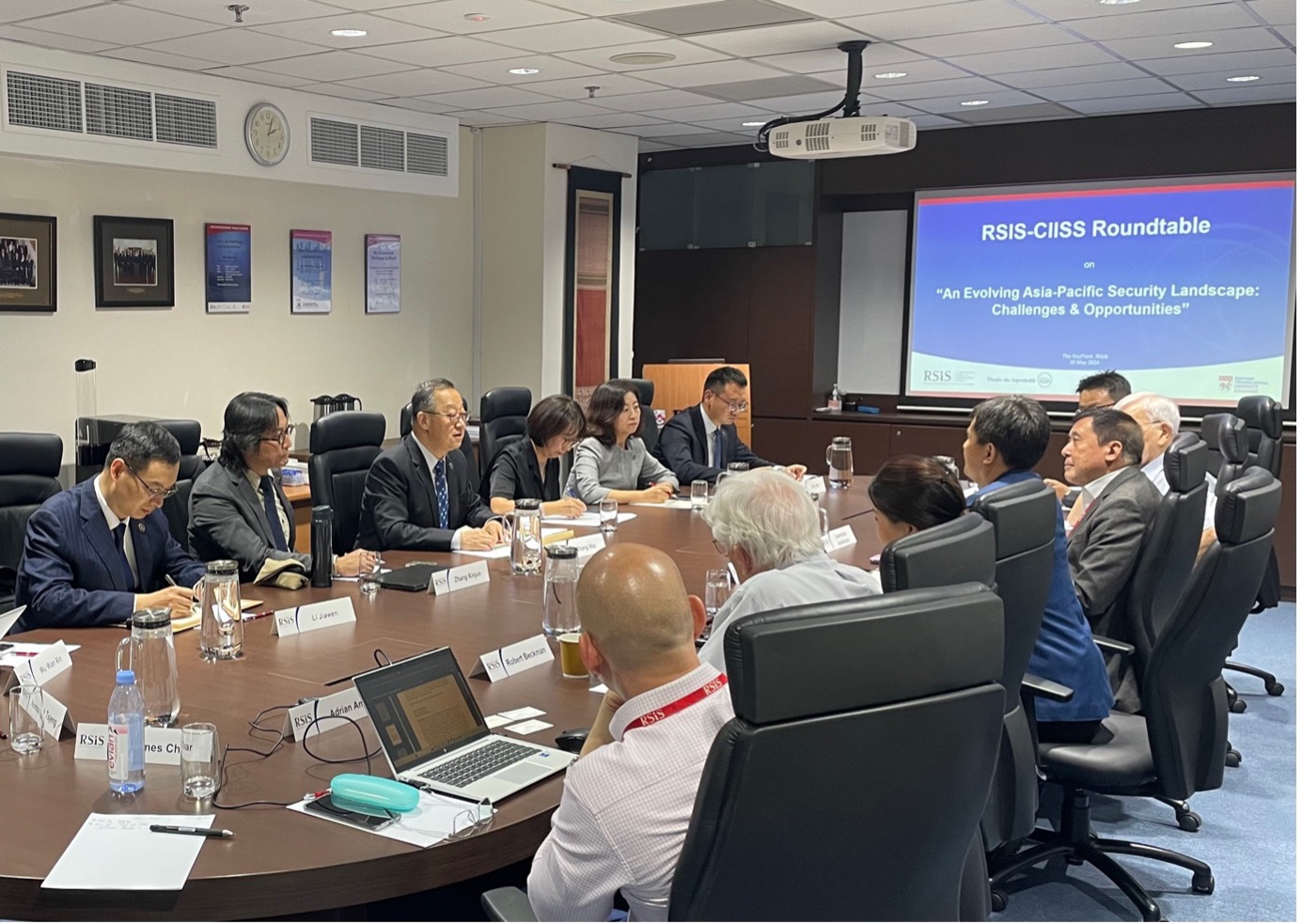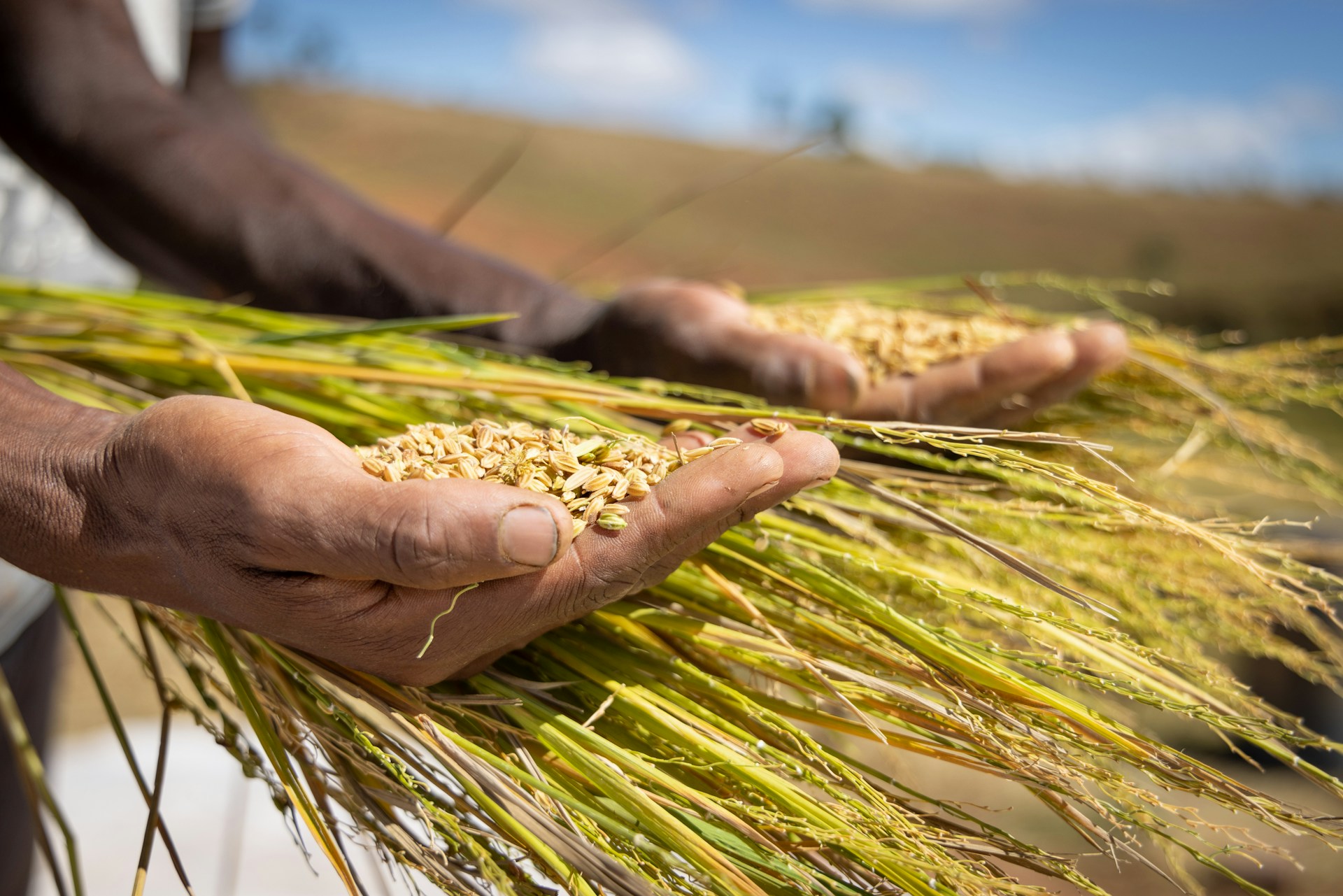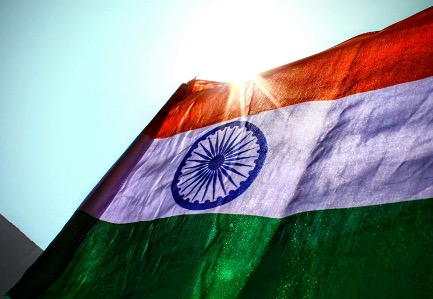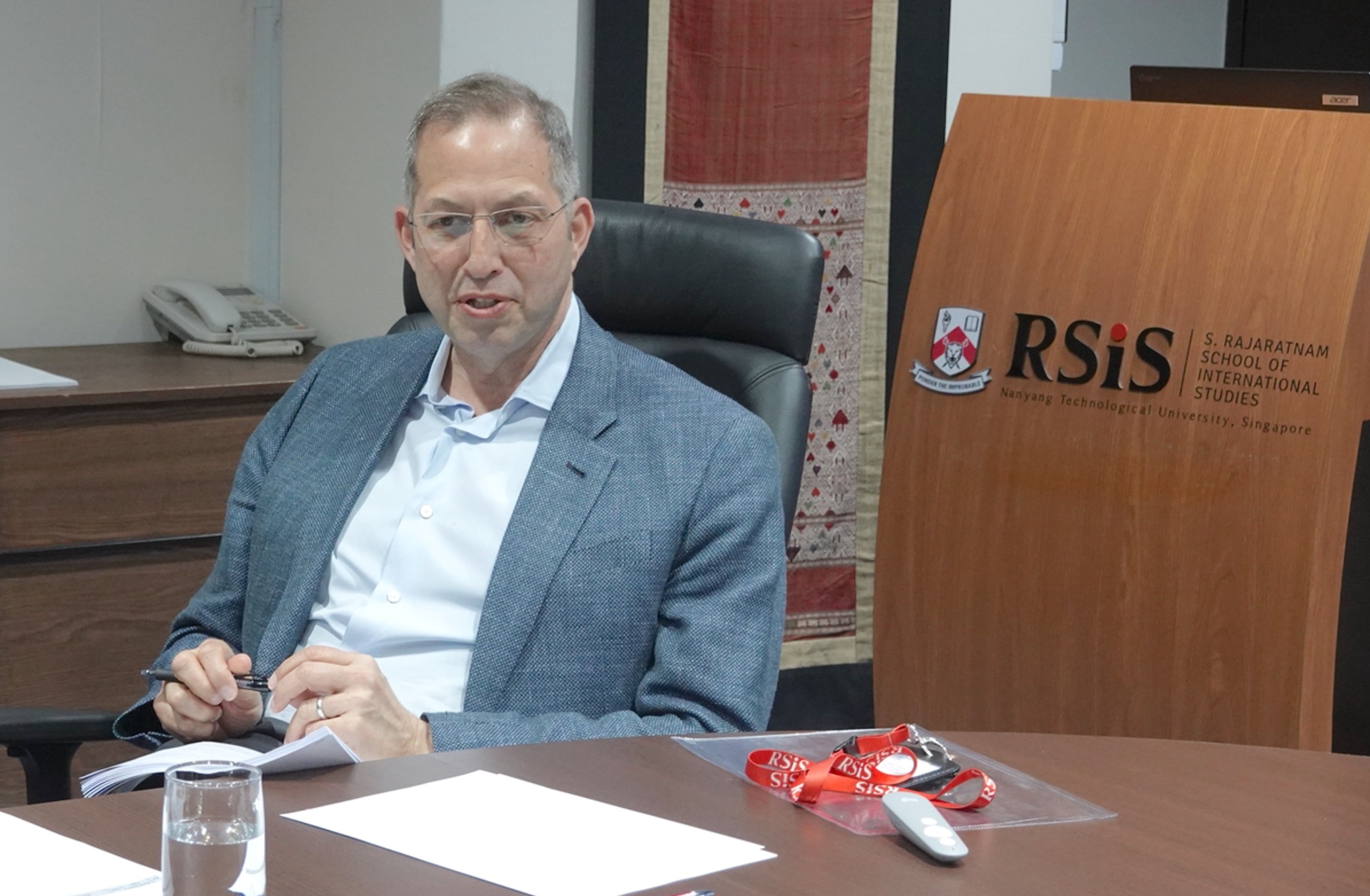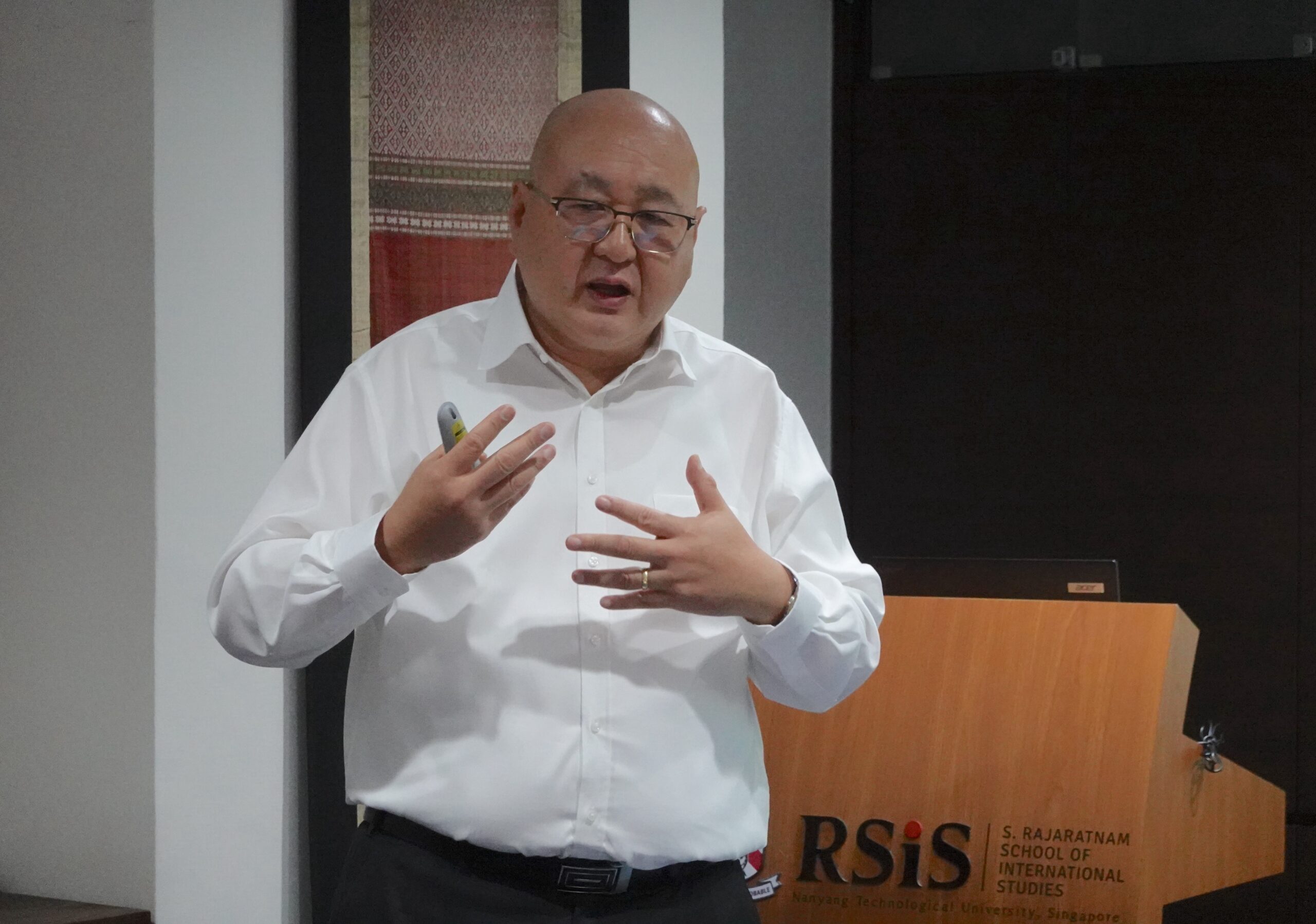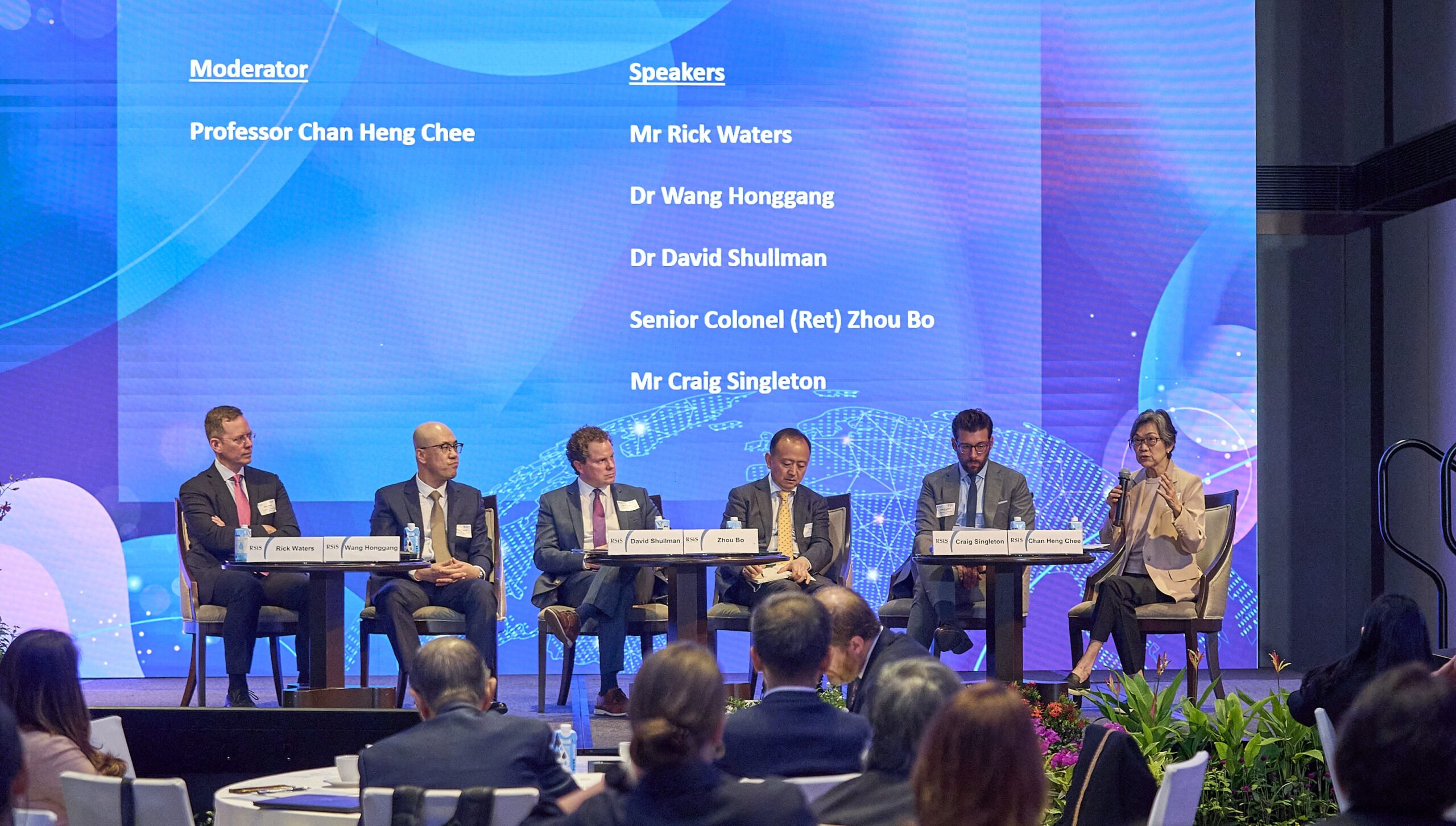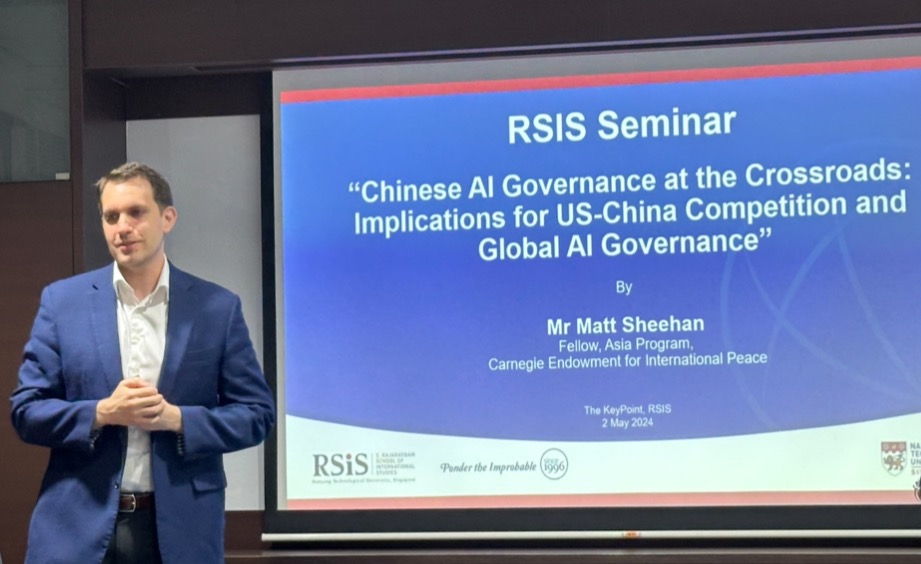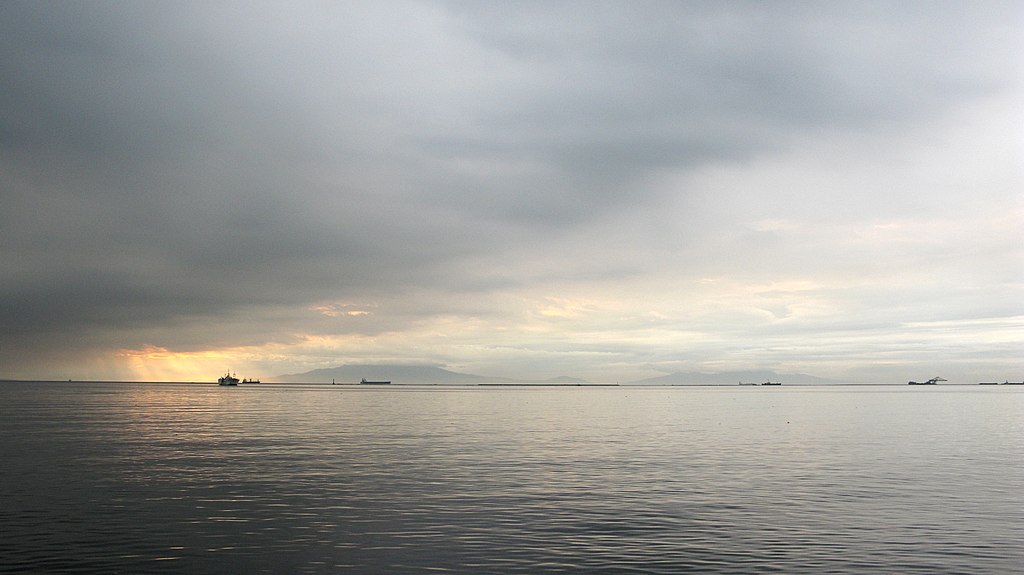
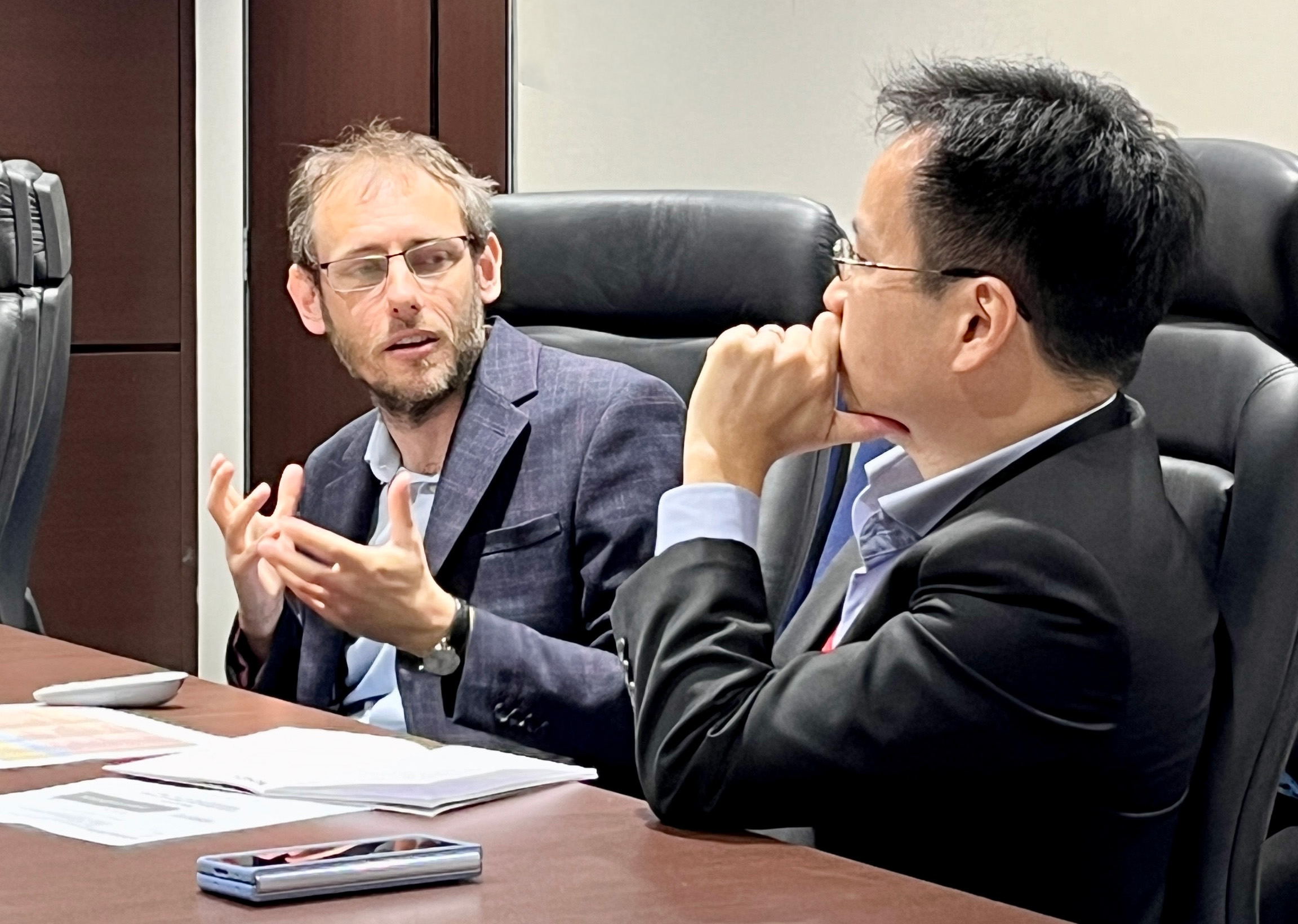
If the great power competition places strains on the international order, why has it not completely broken down? Dr Paul Hansbury, Research Fellow in the Institute for Global Sustainable Development at the University of Warwick shared his thoughts on the sources of the global order’s resilience in an RSIS Seminar chaired by Dr Joel Ng, Deputy Head of the Centre for Multilateralism Studies at RSIS, held on 20 May 2024.
Dr Hansbury argued that the key to understanding how global order’s resilience is through a “bottom-up” approach in building global order. For him, relying on “top-down” or state-centred approaches cannot sufficiently explain this resilience, as current and emerging crises have unmasked the limits of the effectiveness of top-down governance. Alternatively, Dr Hansbury suggests that investigating how incorporating local or community practices into global action has provided the resilience needed, allowing the international order to manage these contemporary challenges.
He proceeded to identify some of the current global challenges: environmental, technological, and other societal vulnerabilities. Dr Hansbury argued that these global trends have been major disruptors and are not simply rooted from a balance of power disputes. He also observed in the absence of state-led international responses, the international order adapted in these situations by reproducing local actions on a global scale, such as local climate change protest actions, civil society mobilisation during the COVID-19 pandemic, and online crowdsourcing of medical volunteers and equipment in the early days of the Ukraine War.
After Dr Hansbury’s presentation, an engaging Q&A session followed where he responded to questions revolving local communities’ ability to overcome the trust deficit that has beleaguered state-led cooperation and how social media regulation and internet sovereignty issues affect the mobilisation of these local communities. Dr Hansbury noted that some of these communities are cross-border in character and can mobilise through traditional, offline modes.






